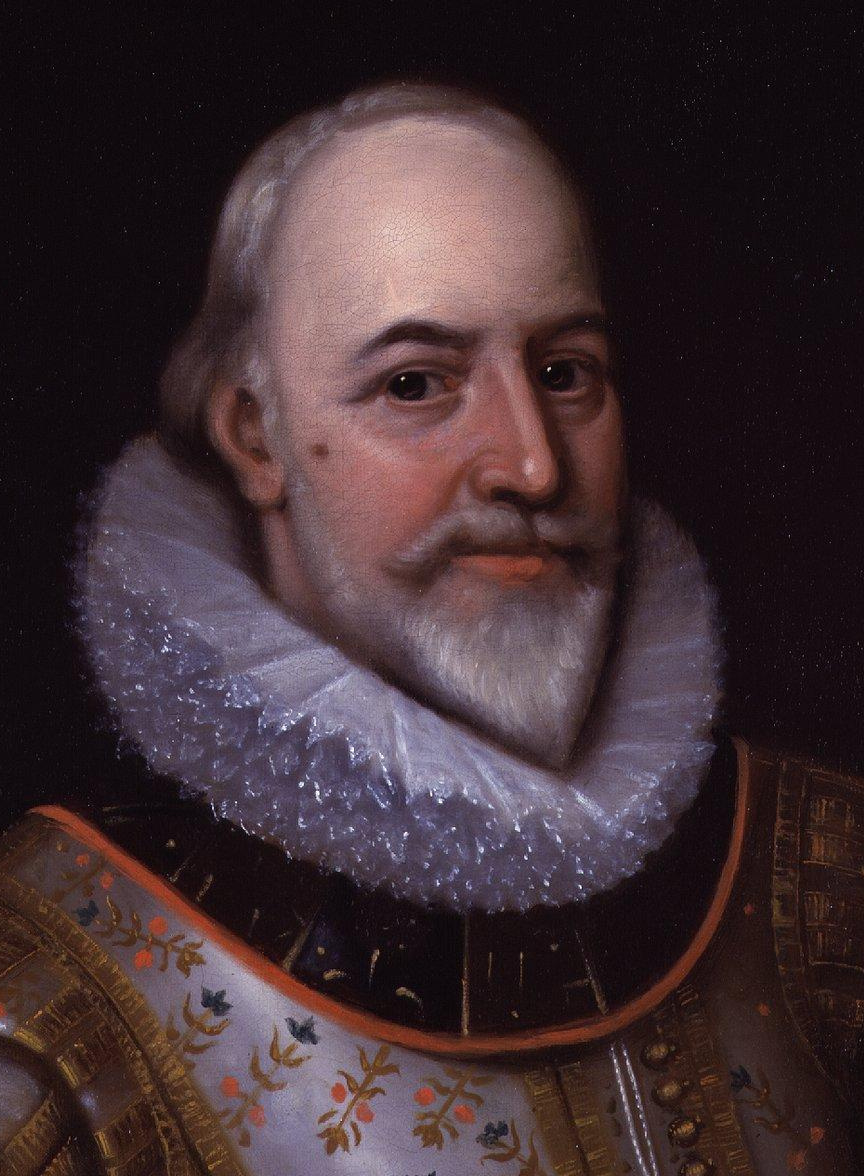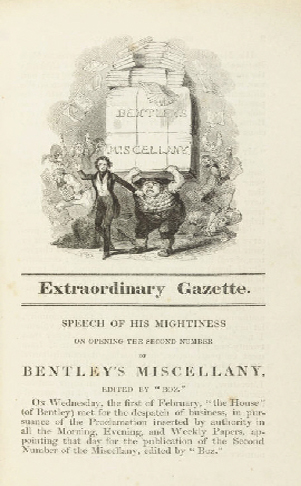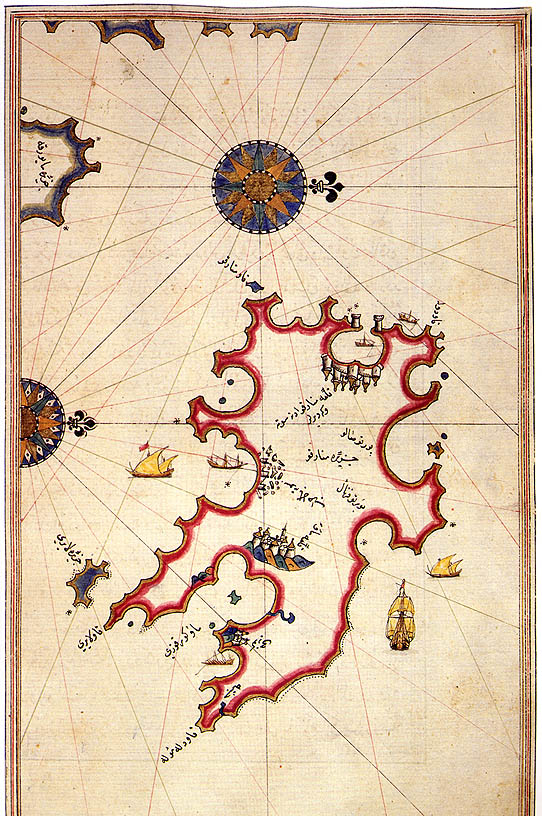|
Sir Thomas Pakenham
Admiral (Royal Navy), Admiral Sir Thomas Pakenham Order of the Bath, GCB (29 September 1757 – 2 February 1836), styled The Honourable from birth to 1820, was a British naval officer and politician. Biography Pakenham was born the fourth son of Thomas Pakenham, 1st Baron Longford, The 1st Baron Longford and his wife Elizabeth Pakenham, 1st Countess of Longford, Elizabeth, Baroness Longford (she was later created, in June 1785, The 1st Earl of Longford, Countess of Longford). He entered the Royal Navy in 1771 on board the , with Captain John MacBride (Royal Navy officer), John MacBride, with whom he moved to the in 1773. In 1774 he was on the coast of Guinea with William Cornwallis in the , and in 1775 was acting lieutenant of the on the coast of North America. In the following year he was promoted by Molyneux Shuldham, 1st Baron Shuldham, Lord Shuldham to be lieutenant of the frigate , and while in her saw much boat service, in the course of which he was severely wounded. In ... [...More Info...] [...Related Items...] OR: [Wikipedia] [Google] [Baidu] |
Admiral (Royal Navy)
Admiral is a senior rank of the Royal Navy, which equates to the NATO rank code OF-9, outranked only by the rank of admiral of the fleet. Royal Navy officers holding the ranks of rear admiral, vice admiral and admiral of the fleet are sometimes considered generically to be admirals. The rank of admiral is currently the highest rank to which a serving officer in the Royal Navy can be promoted, admiral of the fleet being in abeyance except for honorary promotions of retired officers and members of the Royal Family. The equivalent rank in the British Army and Royal Marines is general; and in the Royal Air Force, it is air chief marshal. History The first admirals (1224 to 1523) King Henry III of England appointed the first known English Admiral Sir Richard de Lucy on 29 August 1224. De Lucy was followed by Sir Thomas Moulton in 1264, who also held the title of ''Keeper of the Sea and Sea Ports''. Moulton was succeeded by Sir William de Leybourne, (the son of Sir Roger de ... [...More Info...] [...Related Items...] OR: [Wikipedia] [Google] [Baidu] |
HMS Europa (1765)
HMS ''Europa'' was a 64-gun third rate ship of the line of the Royal Navy, launched on 21 April 1765 at Lepe, Hampshire. She was renamed HMS ''Europe'' in 1778, and spent the rest of her career under this name. Completed too late to see service in the Seven Years' War, most of ''Europe''s service took place during the American War of Independence, supporting fleet movements and serving as the flagship for a number of admirals, including John Montagu, Molyneux Shuldham and Mariot Arbuthnot. During her time in North American waters she took part in the attack on Saint Pierre and Miquelon in 1778, and the battles of Cape Henry on 16 March and the Chesapeake in 1781. Her last notable commanders as the war drew to a close were John Duckworth and Arthur Phillip, the latter taking her to the East Indies before returning after the conclusion of the war. ''Europe'' was then reduced to ordinary in the draw down of the navy following the end of hostilities, and was not reactiv ... [...More Info...] [...Related Items...] OR: [Wikipedia] [Google] [Baidu] |
Master-General Of The Ordnance (Ireland)
The Board of Ordnance in the Kingdom of Ireland (1542–1800) performed the equivalent duties of the British Board of Ordnance: supplying arms and munitions, overseeing the Royal Irish Artillery and the Irish Engineers, and maintaining the fortifications in the island. Following the Acts of Union 1800, the Board was abolished and the duties taken over by the United Kingdom Board of Ordnance. The various officials of the Board were compensated with pensions for their loss of salary and emoluments. Officials of the Board of Ordnance ''lists are incomplete before 1760'' Master-General of the Ordnance Salary in 1800: £1,500 * In 1539: Sir John Travers * 1559–1587: Edward Maria Wingfield * 1588: Sir George Carew * 1592: Sir George Bourchier * 1605: Oliver St John, 1st Viscount Grandison * 1614: ... * 1617: Toby Caulfeild, 1st Baron Caulfeild * 1627: William Caulfeild, 2nd Baron Caulfeild * 1634: Sir John Borlase (jointly with Sir Thomas Lucas) * 1648: Roger Boyle, 1st Baron B ... [...More Info...] [...Related Items...] OR: [Wikipedia] [Google] [Baidu] |
French Ship Deux Frères
''Deux Frères'' (literally ''Two Brothers'') was an 80-gun ship of the line of the French Navy. She was funded by a don des vaisseaux donation from the two brothers of King Louis XVI. The ship was laid down at Brest in July 1782, and launched on 17 September 1784, based on a design by Antoine Groignard, and built by Jacques-Augustin Lamothe. On 29 September 1792, she was renamed ''Juste''. captured ''Juste'' at the battle of the Glorious First of June in 1794. Captain William Cayley commissioned her in the Royal Navy as HMS ''Juste'' in August 1795. In October Captain the Honourable Thomas Pakenham replaced Cayley and commissioned ''Juste'' for service in the Channel. Captain Sir Henry Trollope replaced Pakenham in June 1799. In 1801 she was commanded by Captains Herbert Sawyer, Richard Dacres — under whom she took part in Rear-Admiral Robert Calder's pursuit of Honoré Ganteaume's fleet to the West Indies — and Sir Edmund Nagle. Fate In April 1802 ''Juste'' was l ... [...More Info...] [...Related Items...] OR: [Wikipedia] [Google] [Baidu] |
Naval Gold Medal
The Naval Gold Medal was awarded between 1793 and 1815 to senior officers of the Royal Navy for specified actions. Two different sizes were struck. 22 large medals were awarded to flag officers ( admirals), commodores and captains of the fleet. 117 smaller medals were awarded to captains.Ribbons and Medals, page 54 As a separate medal was awarded for each action, it was possible for a recipient to receive and wear more than one.Medals Yearbook, page 122 Awards of the gold medal were discontinued after 1815, as would-be recipients became eligible for the Order of the Bath on its enlargement to three classes. Appearance * Size: The large medal has a diameter of , and the small medal . Medals were mounted in a gold frame, glazed on both sides. * Obverse: Britannia holding a spear and standing on the prow of an ancient galley, being crowned with a laurel wreath by a figure of Victory. Behind is an oval shield charged with the Union Flag.Battles and Medals, pages 32-33 * Reverse: ... [...More Info...] [...Related Items...] OR: [Wikipedia] [Google] [Baidu] |
Richard Bentley (publisher)
Richard Bentley (24 October 1794 – 10 September 1871) was a 19th-century English publisher born into a publishing family. He started a firm with his brother in 1819. Ten years later, he went into partnership with the publisher Henry Colburn. Although the business was often successful, publishing the famous "Standard Novels" series, they ended their partnership in acrimony three years later. Bentley continued alone profitably in the 1830s and early 1840s, establishing the well-known periodical ''Bentley's Miscellany''. However, the periodical went into decline after its editor, Charles Dickens, left. Bentley's business started to falter after 1843 and he sold many of his copyrights. Only 15 years later did it begin to recover. Early life Bentley came from a publishing family that stretched back three generations. His father, Edward Bentley, and his uncle, John Nichols, published the ''General Evening Post'', and Nichols also published the ''Gentleman's Magazine''.Wallins, 40.P ... [...More Info...] [...Related Items...] OR: [Wikipedia] [Google] [Baidu] |
Richard Howe, 1st Earl Howe
Admiral of the Fleet Richard Howe, 1st Earl Howe, (8 March 1726 – 5 August 1799) was a British naval officer. After serving throughout the War of the Austrian Succession, he gained a reputation for his role in amphibious operations against the French coast as part of Britain's policy of naval descents during the Seven Years' War. He also took part, as a naval captain, in the decisive British naval victory at the Battle of Quiberon Bay in November 1759. In North America, Howe is best known for his service during the American Revolutionary War, when he acted as a naval commander and a peace commissioner with the American rebels; he also conducted a successful relief during the Great Siege of Gibraltar in the later stages of the War. Howe later commanded the victorious British fleet during the Glorious First of June in June 1794 during the French Revolutionary Wars. Early career Howe was born in Albemarle Street, London, the second son of Emanuel Howe, 2nd Viscount How ... [...More Info...] [...Related Items...] OR: [Wikipedia] [Google] [Baidu] |
Pieter Melvill Van Carnbee (1743-1810)
Pieter baron Melvill van Carnbee (2 April 1743, Dordrecht – 17 May 1826, The Hague) was a Dutch naval officer from a military family of Scottish descent, who rose to the rank of vice admiral. His name was sometimes spelled Melville van Carnbée. His grandson Pieter Melvill van Carnbee (1816-1856) was a notable geographer. Life He is most noted for his involvement in the 1781 Battle of Cape St Mary. In 1793 Melvill van Carnbee (by then a Schout-bij-nacht) was made commander of the squadron on the Meuse (''Maas'') and the Hollands Diep. He also had to oversee the Dutch line of defence and the major rivers whilst French troops under Charles Pichegru were advancing. However, in winter 1795, the rivers froze over and Melvill's ships were trapped, meaning he could do nothing to prevent the French from conquering Holland, Utrecht and Zeeland. A supporter of the Prince of Orange, he left the navy on 24 February 1795 after the formation of the Batavian Republic Melvill was later r ... [...More Info...] [...Related Items...] OR: [Wikipedia] [Google] [Baidu] |
William Peere Williams-Freeman
Admiral of the Fleet William Peere Williams-Freeman (6 January 1742 – 11 February 1832) (born William Peere Williams) was an officer in the Royal Navy. He saw action aboard as a junior officer at the Battle of Quiberon Bay during the Seven Years' War. He also took part, as captain of the fifth-rate , in the Battle of Rhode Island and then, as captain of the fifth-rate , in the second relief of Gibraltar during the American Revolutionary War. Eventually (many years after his retirement from the Navy) Williams-Freeman became Admiral of the Fleet for a brief period before his death at the age of 90. Family and early life Williams was born in Peterborough on 6 January 1742, the son of Frederick Williams, prebendary of Peterborough, and his wife Mary Williams (née Clavering). His paternal grandfather was William Peere Williams, while his maternal grandfather was Robert Clavering, bishop of Peterborough, and his maternal grandmother was Mary Freeman, sister of John Cook Freem ... [...More Info...] [...Related Items...] OR: [Wikipedia] [Google] [Baidu] |
Menorca
Menorca or Minorca (from la, Insula Minor, , smaller island, later ''Minorica'') is one of the Balearic Islands located in the Mediterranean Sea belonging to Spain. Its name derives from its size, contrasting it with nearby Majorca. Its capital is Mahón ( ca, Maó), situated on the island's eastern end, although Menorca is not a province and forms a political union with the other islands in the archipelago. Ciutadella and Mahon are the main ports and largest towns. The port of Mahon is the second biggest natural port in the world. Menorca has a population of approximately 93,397 (at 1 January 2019). It is located 39°47' to 40°00'N, 3°52' to 4°24'E. Its highest point, called El Toro (from Catalan "''turó''" meaning ''hill''), is above sea level. History The island is known for its collection of megalithic stone monuments: ''navetes'', ''taules'' and ''talaiots'', which indicate very early prehistoric human activity. Some of the earliest culture on Menorca was ... [...More Info...] [...Related Items...] OR: [Wikipedia] [Google] [Baidu] |
Gibraltar
) , anthem = " God Save the King" , song = " Gibraltar Anthem" , image_map = Gibraltar location in Europe.svg , map_alt = Location of Gibraltar in Europe , map_caption = United Kingdom shown in pale green , mapsize = , image_map2 = Gibraltar map-en-edit2.svg , map_alt2 = Map of Gibraltar , map_caption2 = Map of Gibraltar , mapsize2 = , subdivision_type = Sovereign state , subdivision_name = , established_title = British capture , established_date = 4 August 1704 , established_title2 = , established_date2 = 11 April 1713 , established_title3 = National Day , established_date3 = 10 September 1967 , established_title4 = Accession to EEC , established_date4 = 1 January 1973 , established_title5 = Withdrawal from the EU , established_date5 = 31 January 2020 , official_languages = English , languages_type = Spoken languages , languages = , capital = Westside, Gibraltar (de facto) , coordinates = , largest_settlement_type = largest district , l ... [...More Info...] [...Related Items...] OR: [Wikipedia] [Google] [Baidu] |
George Darby
Vice Admiral George Darby (c.1720 – 1790) was a Royal Navy officer. He commanded HMS ''Norwich'' at the capture of Martinique in 1762 during the Seven Years' War. He went on to command the Channel Fleet during the American Revolutionary War and later in that war served as First Naval Lord when he commanded the force that relieved Gibraltar from its siege by the Spanish in April 1781. Naval career Early career Darby was the second son of Jonathan Darby (III) (d.1742/3) and Anna Marie Frend both of Leap Castle, in King's County, Ireland. He joined the Royal Navy as a volunteer in September 1742. Promoted to post-captain on 12 September 1747, he received his first command, the sixth-rate HMS ''Aldborough''. He went on to become commanding officer of the sixth-rate HMS ''Seahorse'' in 1756 and of the fourth-rate HMS ''Norwich'' in 1757 in which he served under Admiral Rodney at the capture of Martinique in 1762 during the Seven Years' War. After that he became commandi ... [...More Info...] [...Related Items...] OR: [Wikipedia] [Google] [Baidu] |






